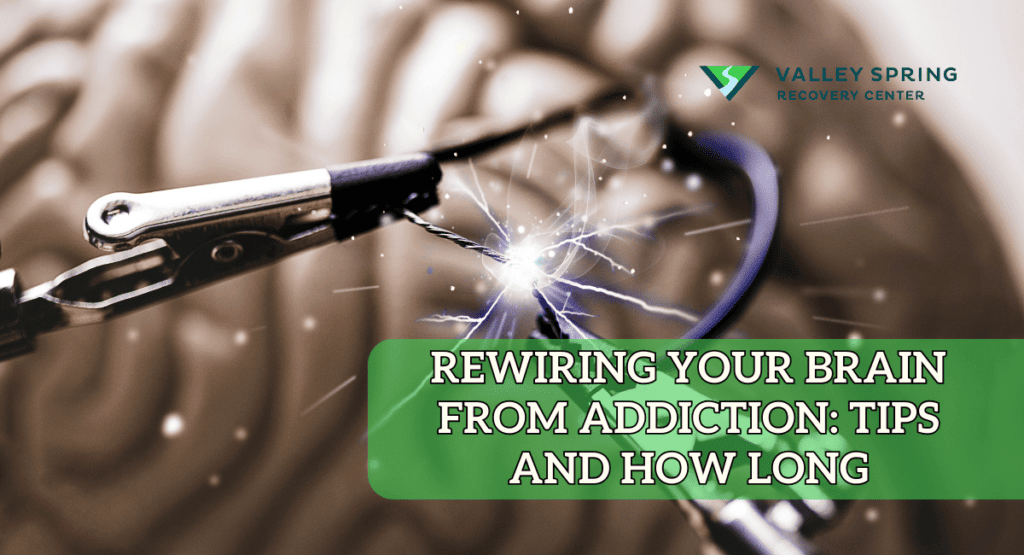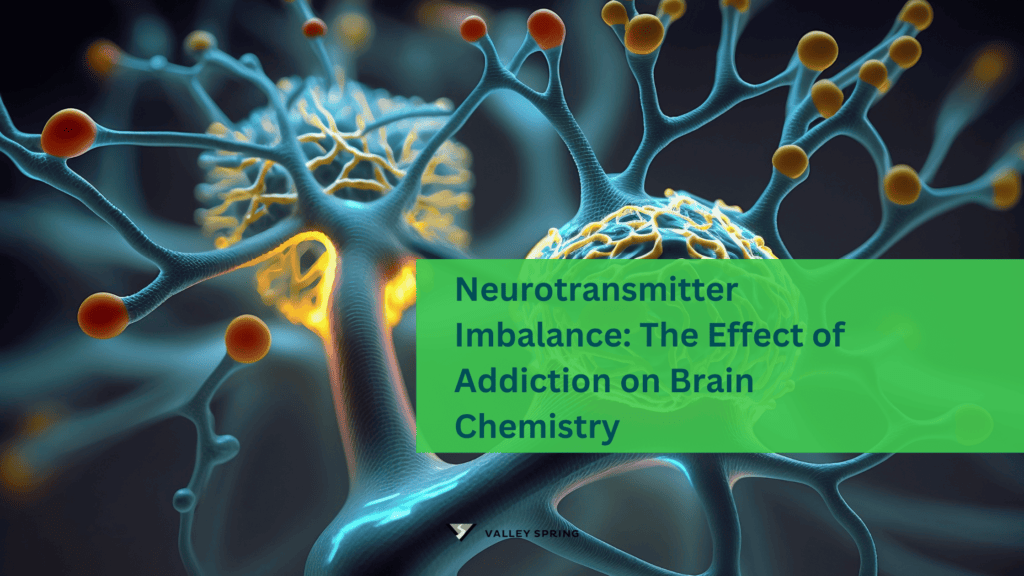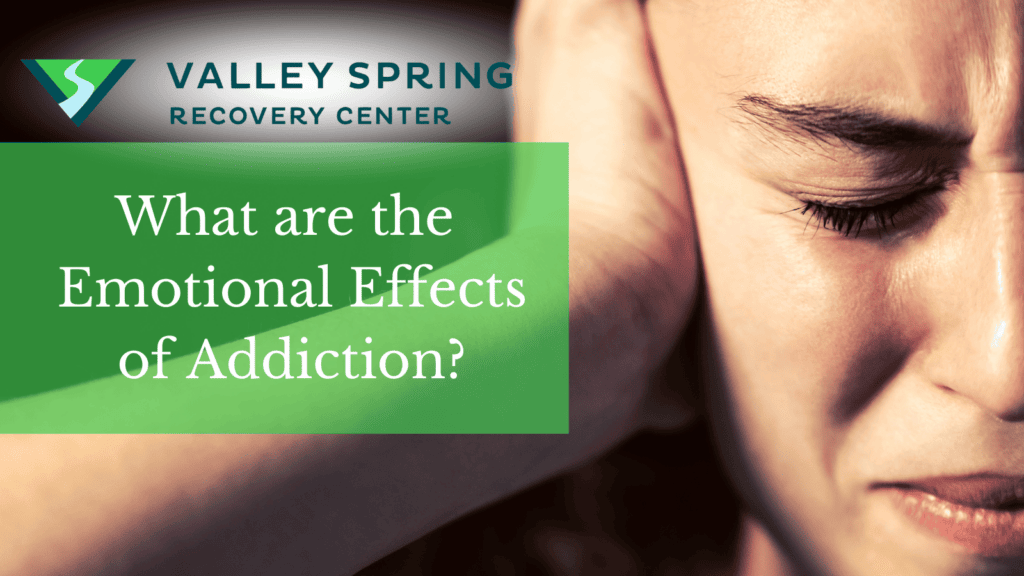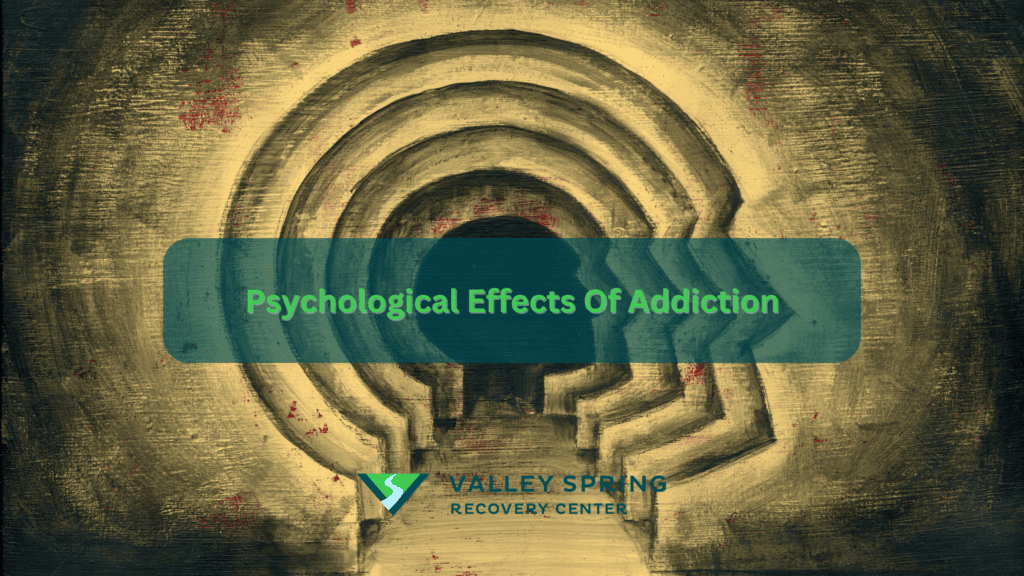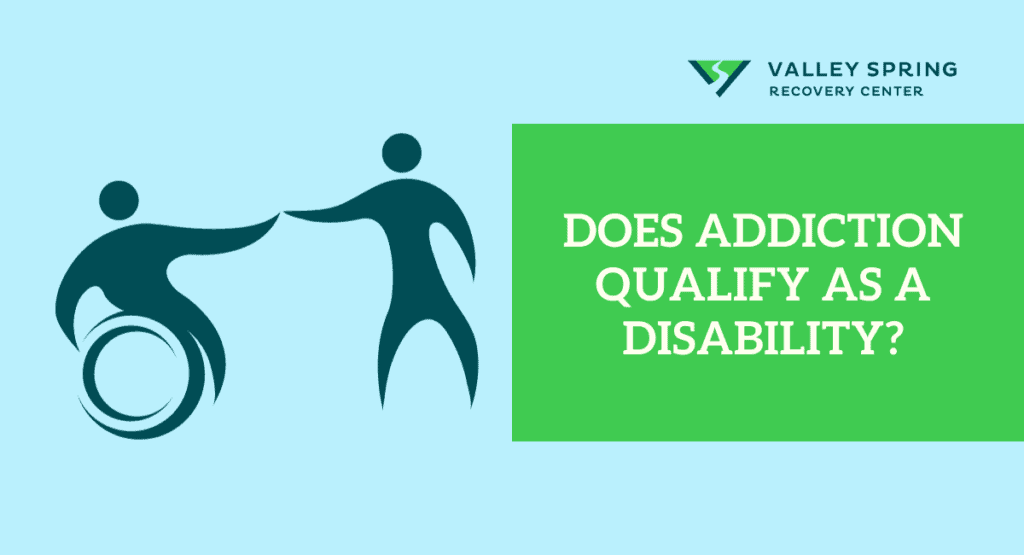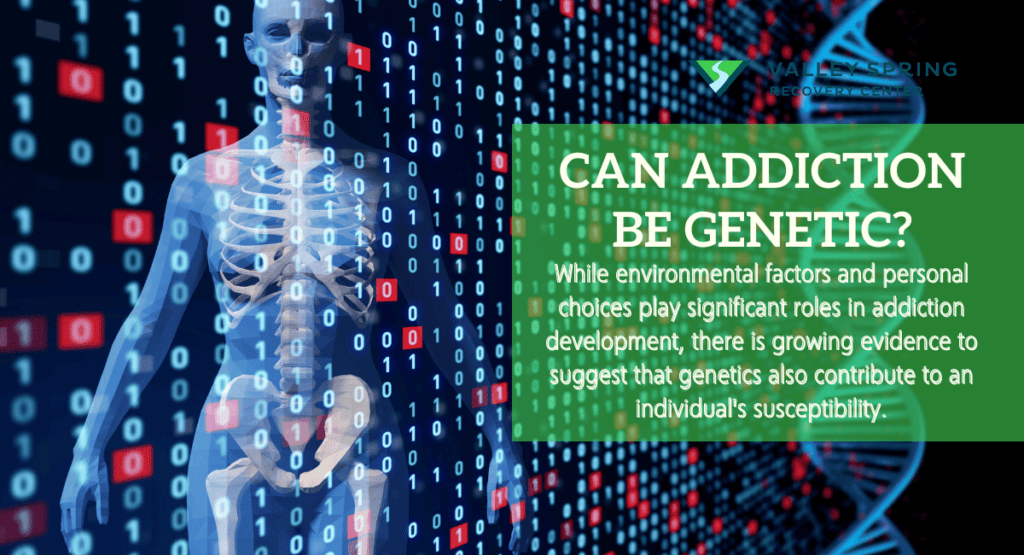Addiction is a complex and all-consuming state where a person becomes trapped in a relentless cycle, surrendering their autonomy to a substance or behavior that brings temporary relief but ultimately inflicts severe harm on their physical, mental, and emotional well-being.
To rewire your brain from addiction, focus on sustained abstinence, engage in therapy and counseling, practice mindfulness and stress reduction techniques, establish healthy routines and habits, seek support from a strong social network, and prioritize self-care and overall well-being.
The timeline for rewiring the brain from addiction varies for each individual, but it typically requires sustained effort and takes months to years to establish new, healthier patterns of thinking and behavior.
How Does the Brain Rewire During Recovery?
During recovery from drug or alcohol addiction, the brain has the remarkable ability to undergo restructuring and restore its normal functioning. This process, known as neuroplasticity, allows the brain to reestablish healthy neural connections and adapt to a life without substances. Here’s how the brain rewires during recovery from addiction:
1. Breaking Associations
Over time, the brain forms strong associations between addictive substances or behaviors and the pleasurable effects they produce. In recovery, repeated abstinence and avoidance of triggers gradually weaken these associations. The brain begins to forge new connections that link alternative, healthier behaviors and rewards.
2. Restoring Balance
Addiction disrupts the brain’s balance of neurotransmitters, such as dopamine and serotonin. During recovery, as substance use ceases, the brain starts to readjust its chemical levels. This process takes time, and individuals initially experience mood fluctuations and cravings as the brain rebalances.
3. Forming New Habits
Addiction is often characterized by deeply ingrained habits. During recovery, the brain develops new, healthier habits to replace addictive behaviors. By consistently engaging in positive activities, such as exercise, therapy, and hobbies, the brain rewires itself to prioritize these healthier habits.
4. Strengthening Executive Functions
Prolonged substance abuse impairs the brain’s executive functions, such as decision-making, impulse control, and planning. Through abstinence and recovery, the brain gradually repairs and strengthens these cognitive functions, allowing individuals to regain control over their behavior and make more rational choices.
5. Restoring Emotional Regulation
Addiction affects the brain’s ability to regulate emotions, leading to mood swings and emotional instability. In recovery, the brain begins to regain its ability to regulate emotions more effectively. This leads to improved emotional well-being and a greater capacity to cope with stress and challenges.
6. Creating New Neural Pathways
With continued abstinence and recovery-focused activities, the brain establishes new neural pathways that support healthy thoughts, behaviors, and responses. These pathways strengthen over time, making it easier to resist cravings and maintain recovery.
Understand that the process of brain rewiring during recovery is gradual and varies for each individual. With persistence, commitment, and support, the brain heals and adapts, allowing for long-term recovery from addiction.
How Do You Rewire Your Brain From Addiction?
Rewiring the brain from addiction involves implementing various strategies and practices to promote healing and create new, healthier neural pathways. To rework your brain from addiction, you’ll have to:
- Seek Professional Help: Engage with addiction specialists, therapists, or counselors who can provide guidance and support throughout your recovery journey. They will help you develop personalized strategies, identify triggers, and address underlying issues contributing to addiction.
- Establish a Supportive Network: Surround yourself with a supportive network of family, friends, or support groups who understand and encourage your recovery efforts. Joining support groups like Alcoholics Anonymous (AA) or Narcotics Anonymous (NA) provides a sense of community and valuable insights from individuals who have gone through similar experiences.
- Adopt Healthy Habits: Engage in activities that promote physical and mental well-being, such as regular exercise, mindfulness meditation, and proper nutrition. These habits help reduce cravings, improve mood, and support overall brain health.
- Identify and Avoid Triggers: Identify triggers that lead to addictive behaviors and make a conscious effort to avoid or manage them effectively. This involves avoiding specific people, places, or situations associated with substance use.
- Practice Cognitive Behavioral Therapy (CBT): CBT techniques help you identify and challenge negative thought patterns and beliefs that contribute to addiction. By replacing unhealthy thoughts with positive and empowering ones, you’ll be able to rewire your brain’s response to triggers and cravings.
- Practice Mindfulness and Stress Reduction: Engaging in mindfulness exercises, such as deep breathing, meditation, or yoga, helps you develop greater awareness of your thoughts and emotions. Mindfulness techniques also aid in stress reduction, which is a common trigger for relapse.
- Cultivate Healthy Coping Mechanisms: Learn and practice healthy coping mechanisms to manage stress, cravings, and difficult emotions. This includes engaging in creative outlets, journaling, practicing relaxation techniques, or seeking professional assistance when needed.
- Celebrate Progress and Practice Self-Compassion: Acknowledge and celebrate your progress, no matter how small. Recovery is a journey, and setbacks may occur. Practice self-compassion and avoid self-blame, as this will help maintain motivation and resilience.
Rewiring the brain after addiction is a process that requires commitment, patience, and a multifaceted approach. With the right support and strategies in place, you should be able to create lasting changes in your brain and achieve long-term recovery.
How Long Does it Take to Rewire Your Brain From Addiction?
The process of rewiring the brain from addiction is highly individualized, and the timeline varies significantly. It is influenced by factors such as the type and severity of addiction, duration of substance use, overall health, and the effectiveness of treatment and support.
While there is no definitive timeframe, research suggests that significant changes in neural pathways occur within several months of abstinence. However, full recovery and the establishment of new, healthy patterns may take years. It is important to emphasize that recovery is a lifelong journey, and ongoing support, therapy, and a commitment to healthy habits are crucial for maintaining long-term sobriety.
How Does Therapy Help in the Brain Rewiring Process?

Therapy plays a crucial role in the brain rewiring process during addiction recovery. Here’s how therapy helps:
1. Cognitive Restructuring
Therapies like Cognitive Behavioral Therapy (CBT) help individuals identify and challenge negative thought patterns and beliefs associated with addiction. By replacing unhealthy thoughts with positive and realistic ones, therapy supports the rewiring of neural pathways related to cravings and triggers.
2. Emotional Regulation
Therapy assists individuals in developing healthy emotional regulation skills. It helps them understand and manage difficult emotions, reducing the likelihood of turning to substances for relief. By rewiring the brain’s emotional response patterns, therapy promotes healthier coping mechanisms.
3. Relapse Prevention
Therapists work with individuals to identify high-risk situations and develop effective strategies for relapse prevention. By reinforcing positive behaviors and teaching skills to navigate triggers, therapy helps rewire the brain to respond differently to potential relapse situations.
4. Healing Underlying Issues
Many individuals with addiction have underlying psychological or emotional issues that contribute to their substance abuse. Therapy addresses these issues, such as trauma, depression, or anxiety. By processing and resolving these underlying problems, therapy supports brain rewiring and reduces the need for substances as a coping mechanism.
5. Support and Accountability
Therapy provides a safe and supportive environment where individuals express their feelings, concerns, and challenges. Therapists offer guidance, encouragement, and accountability, which is instrumental in maintaining motivation and commitment to the recovery process.
6. Building Coping Skills
Therapy equips individuals with practical coping skills and tools to manage stress, cravings, and triggers. These skills, such as problem-solving, stress management techniques, and healthy communication strategies, assist in rewiring the brain’s response patterns to stressful or triggering situations.
7. Long-Term Maintenance
Therapy supports individuals in developing relapse prevention strategies for long-term maintenance of recovery. Regular therapy sessions serve as a consistent source of support and reinforcement, helping to sustain brain rewiring efforts over time.
By addressing the psychological, emotional, and behavioral aspects of addiction, therapy provides invaluable support in rewiring the brain and promoting lasting recovery.
What Does Addiction Do to the Brain?
Addiction profoundly affects the brain, altering its structure and functioning in several ways. When someone becomes addicted to substances or behaviors, it hijacks the brain’s reward system and impairs its normal functioning. Here are some key ways addiction impacts the brain:
1. Reward Pathway
Addiction activates the brain’s reward circuitry, primarily the release of dopamine, a neurotransmitter associated with pleasure and reinforcement. Over time, the brain becomes desensitized to normal rewards, leading to a reduced response and an increased need for the addictive substance or behavior to achieve the same level of satisfaction.
2. Learning and Memory
Addiction disrupts the brain’s learning and memory processes. The intense surges of dopamine associated with substance use create powerful associations between the drug or behavior and the pleasurable sensations experienced. This association strengthens neural connections, making it easier for cravings and triggers to activate addictive behaviors.
3. Decision-Making and Impulse Control
Prolonged substance use or addictive behaviors impair the brain’s prefrontal cortex, which is responsible for decision-making, impulse control, and judgment. This impairment leads to impulsive and risky behavior, as well as difficulties in resisting cravings or making rational choices.
4. Stress and Emotional Regulation
Addiction disrupts the brain’s stress and emotional regulation systems. Chronic substance use alters the brain’s stress response, making individuals more susceptible to heightened stress and anxiety. It also interferes with the brain’s ability to regulate emotions, leading to mood swings, irritability, and difficulties in managing stress.
5. Neuroplasticity
Addiction alters the brain’s neuroplasticity, the brain’s ability to adapt and change. Repeated exposure to addictive substances or behaviors reshapes neural connections, reinforcing the addiction-related circuitry while weakening other areas of the brain involved in self-control and decision-making.
Which Areas of the Brain are Affected by Addiction?

Addiction affects various areas of the brain, disrupting their normal functioning and leading to the characteristic behaviors and changes associated with addiction. Below are some key brain regions impacted by addiction:
1. Mesolimbic Reward System
This system includes the ventral tegmental area (VTA) and the nucleus accumbens (NAc). It plays a central role in the brain’s reward processing and motivation. Addictive substances or behaviors activate this system, leading to the release of dopamine, a neurotransmitter associated with pleasure and reinforcement.
2. Prefrontal Cortex (PFC)
The PFC is involved in decision-making, impulse control, and judgment. Chronic substance use or addictive behaviors impair the functioning of the PFC, leading to difficulties in making rational decisions, controlling impulses, and exerting self-control.
3. Amygdala
The amygdala is responsible for processing emotions, especially fear and stress responses. Addiction dysregulates the amygdala, contributing to heightened stress, anxiety, and emotional reactivity.
4. Hippocampus
The hippocampus is involved in learning and memory processes. Addiction affects the hippocampus, creating strong associations between drug-related cues and the pleasurable effects of substances. These associations contribute to cravings and trigger relapse.
5. Basal Ganglia
The basal ganglia play a role in habit formation and motor control. Addiction leads to the development of habitual and compulsive behaviors, as the basal ganglia becomes involved in the automatic repetition of addictive actions.
6. Hypothalamus
The hypothalamus is involved in regulating basic bodily functions, including sleep, appetite, and stress responses. Addiction disrupts these regulatory processes, leading to disturbances in sleep patterns, appetite fluctuations, and heightened stress.
Rewiring your brain from addiction and drug abuse means healing all these separate parts of your brain gradually.
Which Specific Therapies Help with Brain Rewiring?
Several specific therapies and treatments have shown effectiveness in aiding brain rewiring during addiction recovery, including:
- Cognitive Behavioral Therapy (CBT): CBT helps individuals identify and challenge negative thought patterns and beliefs associated with addiction. It focuses on developing healthier coping strategies and replacing maladaptive behaviors with positive ones.
- Dialectical Behavior Therapy (DBT): DBT combines elements of CBT with mindfulness techniques. It helps individuals regulate emotions, improve interpersonal skills, and develop distress tolerance abilities.
- Mindfulness-Based Stress Reduction (MBSR): MBSR incorporates mindfulness meditation, body awareness, and yoga to cultivate present-moment awareness and reduce stress. It helps individuals develop greater self-compassion, emotional regulation, and resilience.
- Motivational Interviewing (MI): MI is a person-centered counseling technique that aims to enhance motivation and commitment to change. It helps individuals explore their ambivalence about addiction and supports the development of internal motivation for recovery.
- Contingency Management (CM): CM is a behavioral therapy that uses positive reinforcement to promote abstinence and encourage healthy behaviors. It often involves the use of incentives, such as vouchers or rewards, to motivate individuals to stay drug-free.
- Twelve-Step Facilitation (TSF): TSF is a therapeutic approach that integrates the principles of Alcoholics Anonymous (AA) or Narcotics Anonymous (NA). It helps individuals understand and apply the twelve-step recovery process, with a focus on surrender, self-reflection, and spiritual growth.
- Eye Movement Desensitization and Reprocessing (EMDR): EMDR is a therapy primarily used for individuals with trauma-related addiction. It combines elements of exposure therapy with bilateral sensory stimulation to help individuals process traumatic memories and reduce their impact on addictive behaviors.
The effectiveness of therapy varies depending on individual needs and preferences. A personalized treatment plan, tailored to the specific circumstances and underlying issues, is often the most effective approach. Consulting with a qualified mental health professional can help determine the appropriate therapies and treatments for brain rewiring during addiction recovery.
How is neuroplasticity affected by drug use?
Neuroplasticity refers to the brain’s ability to adapt and reorganize itself by forming new neural connections throughout life. This ability allows the brain to recover from injuries, adapt to new experiences, learn new information, and memorize new skills. However, drug use can significantly affect neuroplasticity, often in detrimental ways.
Positive vs. Negative Neuroplasticity
Neuroplasticity can be positive (beneficial changes, such as those from learning) or negative (harmful changes, such as those resulting from drug use). When it comes to substance abuse, drugs can hijack the brain’s natural reward system, leading to altered neural pathways that prioritize drug-seeking behaviors and diminish the brain’s response to natural rewards.
Impact of Drug Use on Neuroplasticity
- Alteration of Reward Pathways: Most addictive substances increase the release of dopamine in the brain’s reward circuit, reinforcing drug use as a positive experience. Repeated exposure to drugs can make the brain more reliant on these substances for pleasure and satisfaction, weakening the neural pathways that used to be stimulated by natural rewards.
- Changes in Brain Structure and Function: Long-term drug use can lead to structural changes in the brain, particularly in areas critical to judgment, decision-making, learning, memory, and behavior control. For example, imaging studies have shown that substance abuse can reduce the volume of certain brain areas, affecting their function and leading to cognitive impairments.
- Increased Tolerance and Dependence: As the brain adapts to the presence of a drug, individuals may develop tolerance, needing larger amounts of the substance to achieve the same effect. This adjustment is a form of neuroplasticity. Withdrawal symptoms upon cessation of the drug use indicate the brain’s dependence on these substances to function normally.
- Risk of Psychiatric Disorders: The alterations in brain function and structure can also heighten the risk of developing co-occurring mental health disorders, such as depression, anxiety, and psychosis. The changes in neuroplasticity related to drug use can exacerbate these conditions or contribute to their onset.
- Recovery and Rehabilitation: The same principle of neuroplasticity that leads to the negative impact of drugs also offers hope for recovery. Through abstinence, therapy, and rehabilitation, the brain can relearn and form new, healthy neural pathways. This process, however, can be challenging and requires time, as the brain must adapt to the absence of the drug and reestablish normal neural connections.
Frequently Asked Questions?
How Long Does it Take to Balance Brain Chemicals?
The time it takes to balance brain chemicals after substance use or addiction varies. Generally, it takes weeks to months for the brain to restore a better balance of neurotransmitters. However, individual factors and the extent of substance use influence the timeline. Continued treatment and support are important for the process.
How Long Does it Take to Produce Dopamine Again?
The time it takes for dopamine production to return to normal levels after substance use or addiction varies depending on several factors. It ranges from days to weeks or even months. The specific substance used, the duration and severity of addiction, individual biology, and overall health all play a role in the recovery of dopamine production. In general, the brain’s dopamine system starts to recover within a few days to a couple of weeks of abstinence from substances. However, it takes longer for dopamine levels to fully normalize, especially in cases of chronic or heavy substance use. Remember that dopamine production is just one aspect of the brain’s recovery from addiction. The rewiring of neural pathways and the restoration of other brain functions take more time. Continued abstinence, proper nutrition, sleep, and engaging in healthy activities support the recovery of dopamine and overall brain health.
What are Some Signs of Progress in Brain Rewiring During Addiction Recover?
Signs of progress in brain rewiring during addiction recovery include reduced cravings and decreased reliance on substances, improved emotional regulation and coping skills, enhanced decision-making and impulse control, increased engagement in healthy activities and relationships, and greater self-awareness and self-reflection. These signs indicate that the brain is adapting to healthier patterns, supporting the recovery process. It’s important to note that progress is individualized, and the presence of these signs varies from person to person.
Dr. Michael Olla
All author postsShare This Post

